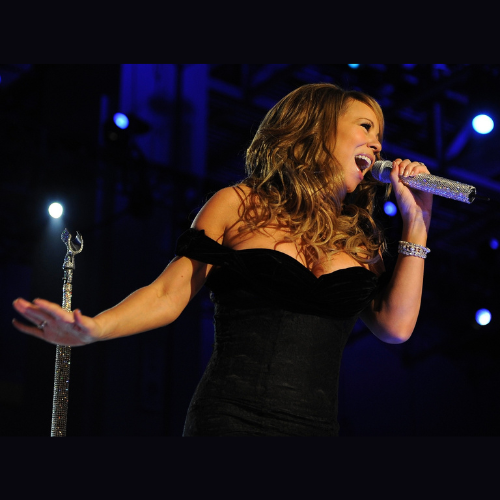The World of Singers: Voices that Captivate and Inspire
Singing is an art that transcends language, culture, and time, offering a unique form of emotional expression. Throughout history, singers have played a pivotal role in shaping the musical landscape, delivering not just melodies, but also powerful stories that connect people from all walks of life. From classical opera divas to modern pop icons, the world of singers is vast and varied, encompassing many different genres, techniques, and cultural influences.
The Power of the Voice
At its core, singing is a form of vocal expression that uses the human voice to produce melodic and rhythmic sounds. The beauty of a singer's voice lies in its ability to evoke emotions. Whether it's the soaring highs of a soprano, the gravelly tones of a rock singer, or the smooth delivery of a jazz artist, the human voice is incredibly versatile, capable of capturing the full spectrum of human experience.
One of the most captivating aspects of singing is its ability to convey emotion. A single note, when sung with passion and skill, can stir up feelings of joy, sadness, hope, or nostalgia. This emotional connection is what makes singing such a powerful form of communication. Singers can tell stories through their voices, making listeners feel as though they are experiencing the lyrics personally.
Different Types of Singers
There is no one-size-fits-all when it comes to singers. Across the globe, singers can be categorized based on their vocal range, style, and genre. Some singers specialize in opera, others in pop, rock, country, or R&B. Each genre has its unique demands, techniques, and qualities that make the singer's role distinct.
-
Classical Singers (Opera and Art Song): Classical singers often train for years to develop their vocal range and technique. The rigorous demands of opera singing require both vocal strength and control, as well as an understanding of complex musical compositions. Classical singers like Luciano Pavarotti, Maria Callas, and Renée Fleming are renowned for their ability to project their voices across large opera houses without microphones, often hitting notes with precision and clarity that seem almost superhuman.
-
Pop Singers: Pop singers like Beyoncé, Adele, and Ed Sheeran have made their mark with their distinct voices and relatable lyrics. In this genre, vocal tone, style, and emotional delivery are essential to building a connection with listeners. Pop singers often utilize modern production techniques and sometimes even auto-tune, but their raw vocal talent still plays a crucial role in their success.
-
Rock and Indie Singers: Rock singers, such as Freddie Mercury, Janis Joplin, and Kurt Cobain, are known for their ability to push the limits of their vocal cords. The power and raw energy required to perform rock music often lead to highly expressive performances. These singers, more than others, are able to incorporate unique vocal styles and sometimes even distinctive imperfections that make their voices instantly recognizable.
-
Jazz Singers: Jazz singers like Ella Fitzgerald and Frank Sinatra are masters of improvisation, weaving intricate melodies and rhythms into their vocal performances. Jazz singing often involves a deep understanding of harmony and the ability to bend notes and rhythms in creative ways, making it one of the most flexible and unique styles of singing.
The Art of Vocal Training
While some singers are naturally gifted, most successful performers spend years honing their craft. Vocal training plays an essential role in developing a singer’s range, breath control, and overall vocal health. Many singers work with voice coaches, taking lessons in techniques like proper breathing, pitch control, and vocal exercises designed to strengthen their voices.
Additionally, maintaining vocal health is critical. Singers are athletes of the voice, and like any athlete, they must take care of their instruments to avoid damage. Hydration, rest, and proper vocal warm-ups are part of a professional singer’s routine.
The Impact of Singers on Culture
Singers are more than just entertainers; they are cultural icons and influencers. They shape social movements, give voice to societal issues, and become symbols of hope and change. Through their music, singers often inspire, challenge, and uplift, making their role in society invaluable.
In conclusion, the world of singers is both diverse and captivating, filled with individuals whose voices resonate across time and space. Whether through operatic arias or modern pop hits, singers continue to play an essential role in shaping the soundtrack of our lives, reminding us of the power of music and the voices that bring it to life.

Comments
Post a Comment